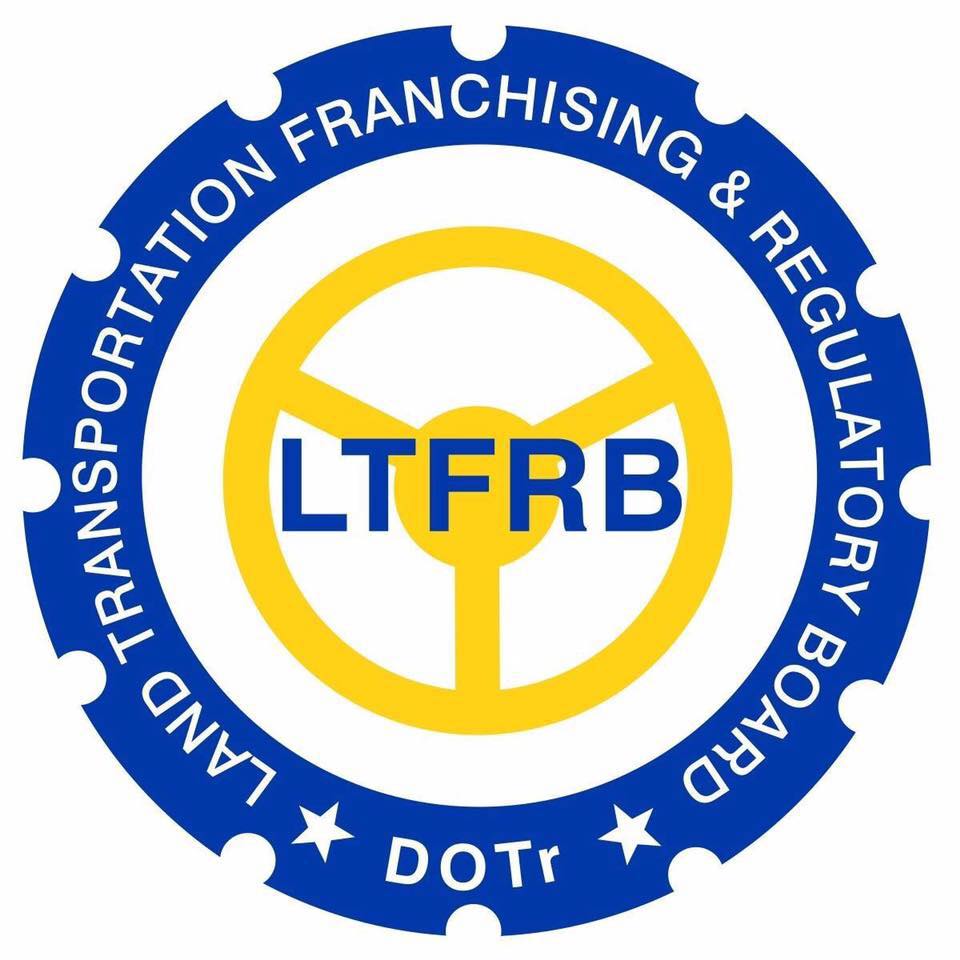Over 1,000 PUVs cease operating in Davao City – LTFRB official
DAVAO CITY – Over 1,000 public utility vehicles (PUVs) here have stopped operating since the pandemic, contributing to the problem of mass transportation in this city, an official of the Land Transportation Franchising and Regulatory Board (LTFRB)-Davao said.

LTFRB-Davao Director Nonito A. Leanos said that they noted a shortage of PUVs here as approximately 30 percent of the total number of units have ceased operations since 2020 and the number of passengers has exponentially increased in recent years.
The significant drop in the total number of PUV units has made daily commuting more challenging for passengers, particularly during peak hours.
Leanos said among the reasons why PUVs, particularly jeepneys, stopped operations are the inability of owners to maintain their units, non-compliance with road worthiness of aging units, and anticipation of transitioning to the Davao City Public Transport Modernization Project.
The modernization project, also known as the High Priority Bus System (HPBS), is a mass public transportation project of the Department of Transportation and the city government to address the problem of traffic congestion.
Leanos noted that there is a demand from residents for a more efficient public transport system.
While the local government awaits the full implementation of HPBS, Leanos said that they are conducting a study to offer a temporary solution to the shortage of PUVs in addition to the Peak Hours Augmentation Bus Service (PHABS).
He said one solution being considered is the deployment of modern public utility vehicles. Leanos said that the deployment of modern PUVs could offer an “effective solution.”
Leanos said that a technical working group is working on the study that may be completed by the second week of this month. The study hopes to recommend sustainable solutions to the inefficient mass public transportation system, he added.
He said 87 modern PUVs are deployed in Davao del Sur, airconditioned and has a capacity of 28 passengers.
“We are talking about public utility vehicles, which are comfortable, affordable, sustainable, and accessible for our people,” he said.
During the Mindanao Infrastructure Summit at the SMX Convention Center Davao here on Oct. 10, Department of Transportation Secretary Jaime Bautista assured the people that the implementation of the HPBS is still on track.
Bautista said the national government is implementing the project being eyed to be operational by 2026. “As far as the project is concerned, it's a go,” he said.
He said that the Asian Development Bank reaffirmed its support to the national government in the implementation of the project.
The total project cost of P73.4 billion will be funded by a loan from the Asian Development Bank, national budget, and local budget.
On July 1, 2023, the Philippine government signed a $1-billion (P54.89 billion) loan agreement with the ADB for the HPBS, a project that is seen to address this city's worsening traffic.
According to the ADB, the loan would “support the procurement of a modern fleet of about 1,100 electric and Euro 5-standard diesel-fueled buses with operations managed by the private sector under performance-based contracts.”